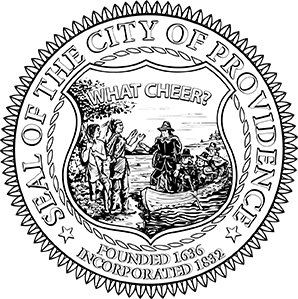Roger Williams Park Botanical Center Plant Acquisition Policy
Have a plant that you would like to donate? The Roger Williams Park Botanical Center (RWPBC) does accept plant donations that fall within the following guidelines. Please note that once a plant is donated, it becomes property of the Botanical Center.
Donations are welcome if they, are relevant, meet the below standards and are given without restrictions placed by the donor. All donated plants or plant parts are subject to approval by the Director who has the right to refuse, remove, donate and/or dispose of any donations. We request that plants be delivered to the Center during hours of operation.
- Selections should have a reasonable chance of succeeding in our collections.
- Plants must be non-invasive and unlikely to become invasive threats to the native habitat surrounding the RWPBC and Roger Williams Park.
- Plants can be incorporated into the collections with ease and consistent with overall interior/exterior landscape design.
- Plants must be free of insect pests, diseases and in good horticulture health. Plants with systemic pesticides will not be accepted.
If you believe you have a plant that meets the criteria, please click the button below. All inquiries must include a photo, any past pest or diseases of the plant and plant size or dimensions.


